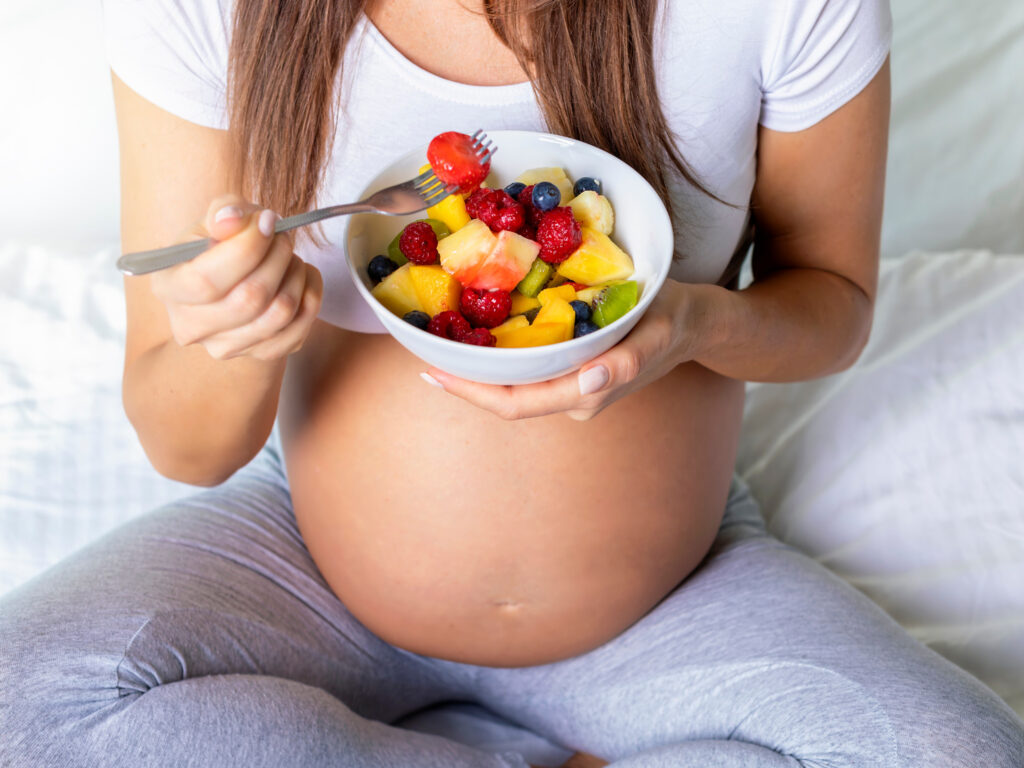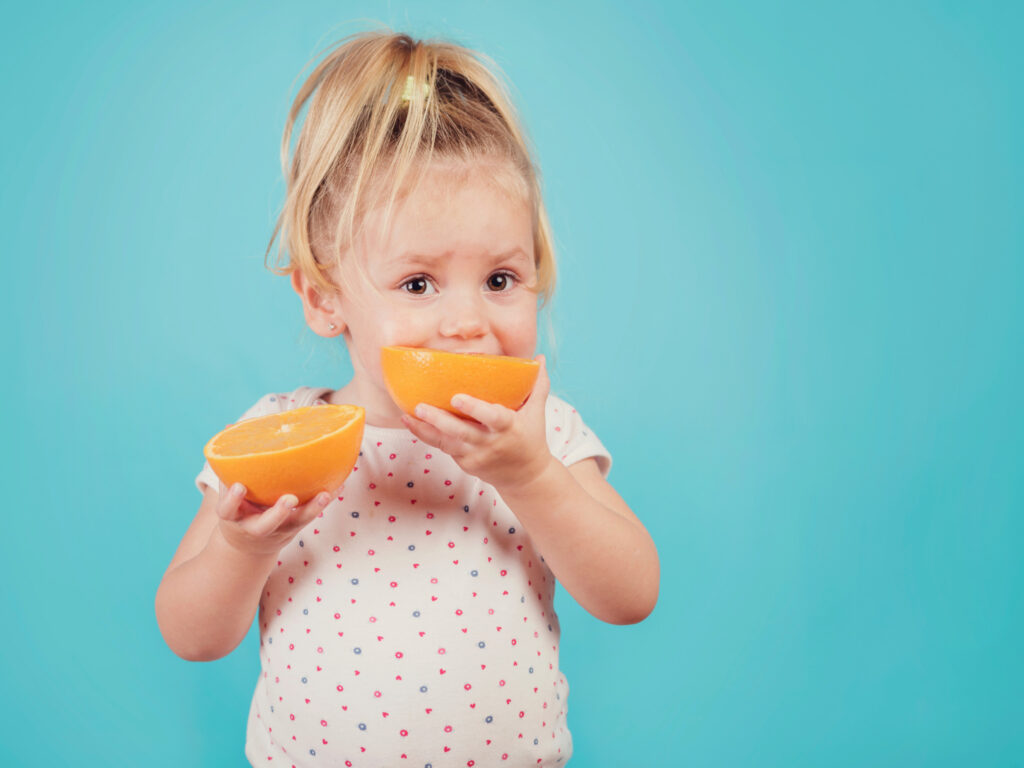Plant-Based Pregnancy: Vegan Diet Lowers Risk of Hypertensive Disorders in Pregnant Women
5 Mins Read
Eating a vegan diet leading up to pregnancy can help lower the risk of developing hypertensive disorders like preeclampsia and gestational hypertension, according to a large-scale, 20-year-long American study.
The new study, published in the peer-reviewed journal American Journal of Obstetrics and Gynecology, examined the diet of 11,459 women aged 18 and over, asking about the frequency and quality of their plant-based food consumption.
The women examined had participated in the Nurses’ Health Study II, which ran from 1991-2009, with diets assessed every four years via a questionnaire to calculate what the researchers called a plant-based diet index (PDI) – with a higher score meaning higher adherence to vegan eating). This was used to evaluate the health effects of plant-based diets on pregnant women.
“We wanted to know how one’s diet leading up to pregnancy influences the pregnancy, so we monitored women for virtually their entire reproductive life – almost 20 years – and gained an awareness of their typical diet before pregnancy,” study author Jorge E Chavarro told Medscape. In total, the researchers assessed 16,780 pregnancies among the 11,459 women in the study.
The analysis revealed that as the proportion of animal-based foods decreased and vegan products increased, the risk of women experiencing hypertensive disorders of pregnancy reduced too. Women in the highest PDI quintile – those consuming the most percentage of plant-based foods – saw a significantly lower risk of these conditions compared to those in the lowest PDI group, who experienced a 24% higher risk.
Meanwhile, the risk of pregnancy-related hypertension decreased in a linear manner as plant-based consumption increased. The results were clearer for hypertension than preeclampsia, but “a diet made up primarily of plant-based foods seemed to be protective for both”, explained Chavarro.
“Could it be that modifiable lifestyle factors before and during pregnancy may not only help reduce problems during gestation but also prevent women’s health problems years later? That was the general motivation for this study.”

Scoring foods based on health factors
The study used a scoring system to determine which foods are healthy, and which aren’t. Every four years when the women were presented with the questionnaire, they were asked about the consumption of 131 foods and drinks in the past year.
18 food groups were categorised into three subsects: healthy plant-based foods comprised whole grains, fruits, vegetables, nuts, legumes, vegetable oils, tea and coffee; unhealthy vegan foods consisted of fruit juices, refined grains, potatoes, sugary drinks, sweets and desserts; and then there were animal-based foods, including dairy, eggs, seafood, meat and more.
Healthy plant-based foods were given positive scores, and the other groups were given more negative ratings – the consumption and frequency of each food group were classified into the PDI using quintiles.
There was a negative dose-response relationship between PDI and disease risks – the higher the PDI, the lower the chance of developing pregnancy-related conditions. “A vegetarian diet isn’t necessarily healthier than a non-vegetarian diet if it’s made up of superfluous foods like French fries and soft drinks,” said Mercedes Sotos-Prieto, an associate professor at Harvard University’s School of Public Health, who wasn’t involved in the study. “The difference lies in the quality of the plant-based foods. That’s what makes the difference between a healthy and an unhealthy diet.”
Chavarro added: “The women in the highest quintile aren’t necessarily vegetarian or vegan, but they consume much fewer animal-based foods than the others.” He noted that meatless diets are compatible with healthy pregnancies. “All vegans know how to get vitamin B12 from supplements.”
He continued: “There are certainly many ways to eat healthily, but if we think about these pregnancy complications that can have serious consequences for the mother and the fetus, we might consider this as a healthy diet option.”
Of the benefits observed in the study, a large proportion were associated with better weight control. Women who were eating more plant-based food gained weight more slowly than those who consumed a higher proportion of animal-based products. “They are different in terms of their weight trajectory over many years. So, part of the association that we observe is related to better long-term weight control,” said Chavarro, but added: “But the other half of the association is attributable to the diet itself and not necessarily to weight.”

Limitations and the need for further research
The study had one major caveat – 90% of participants were white. Asked if these results could apply to other ethnicities as well, Chavarro said the study needs to be repeated with other populations. “And that’s going to take time. But even without that information, I think we can use this study to inform other populations, regardless of ethnicity,” he claimed.
Sotos-Prieto has also conducted a similar 10-year study of 12,000 Spanish adults, which found that a 10-point increase in PDI was linked with a 14% lower risk of mortality from any cause and a 37% lower risk of death from cardiovascular disease. Like Chavarro, she believes the results could be applied to other populations, as long as each country’s culture is taken into account. “If it’s a population that consumes a lot of refined cereals, for example, make small changes to whole grains,” she explained.
Chavarro said that ideally, there need to be more studies to back up this research’s claims. But he added: “There are two ways to understand the problem. One is not making recommendations until you have three controlled clinical trials, which – even with the willingness and funding to do so – will take 15 to 20 years. But if we have to provide the best available information to those who need it today, I think these are solid results for guiding behaviour.”
He continued: “It’s always better if we can make decisions based on solid, incontrovertible information. But it’s not always available, and you must learn to live in both worlds and make decisions with uncertainties.”



